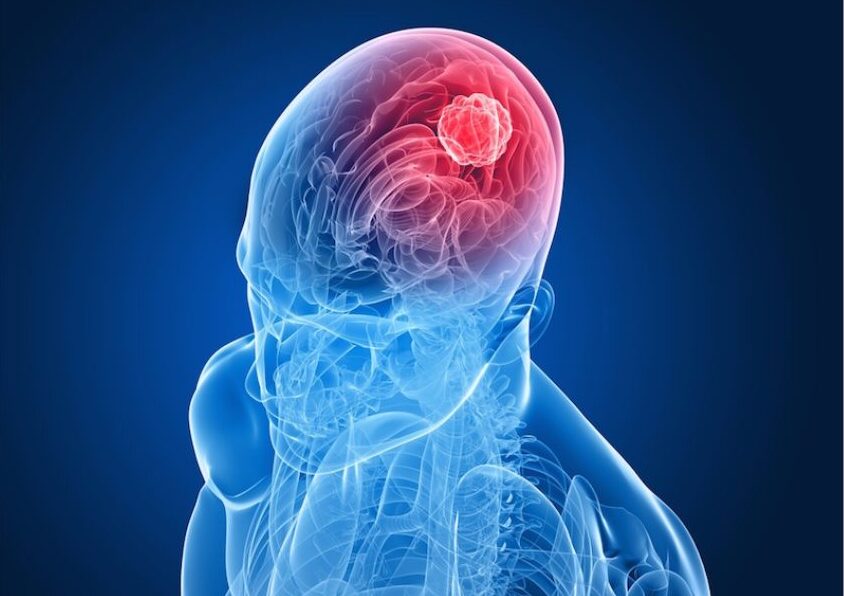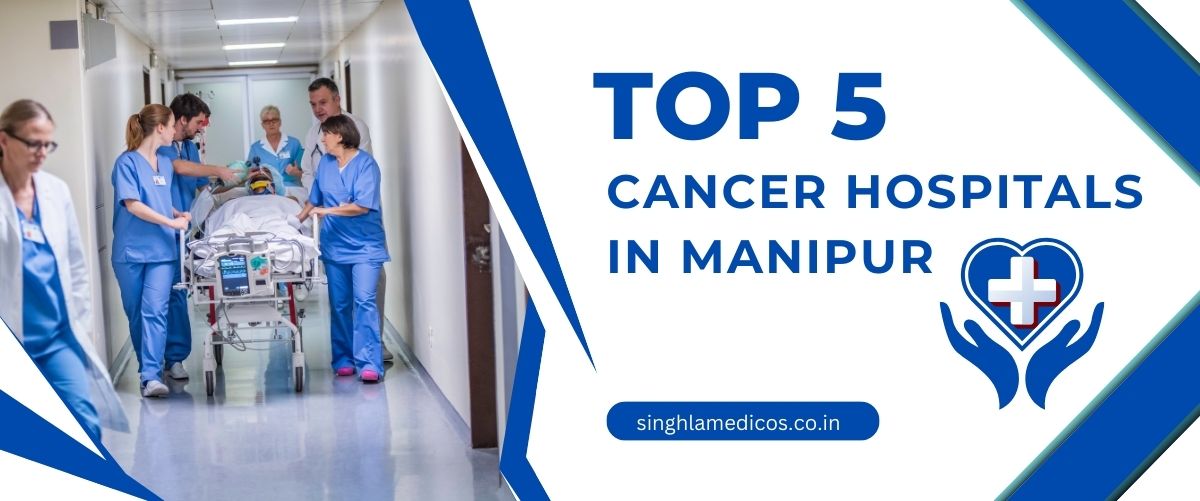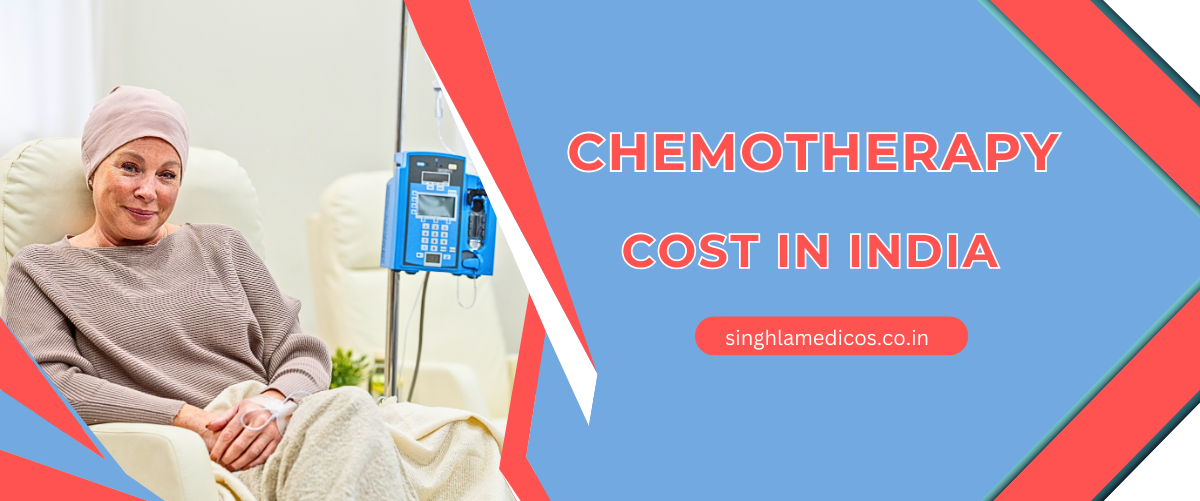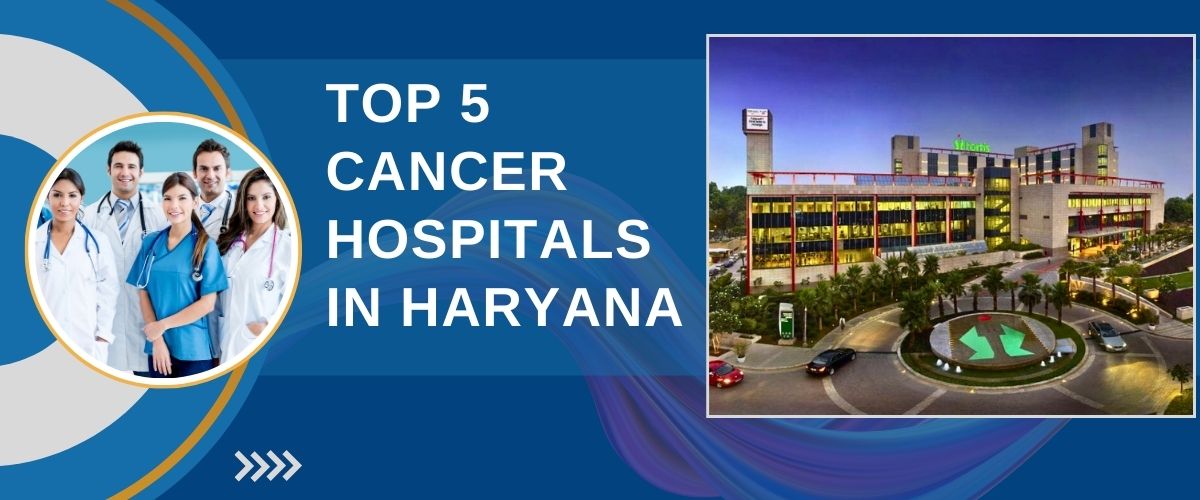BLOG
Best Top 10 Cancer Medicines: Uses and Benefits
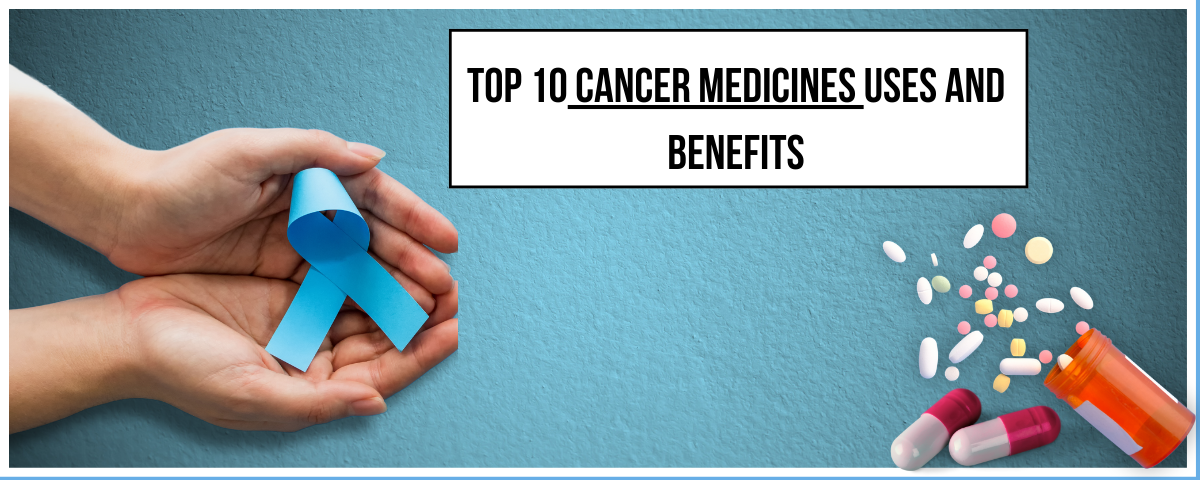
Cancer is a complex and varied disease, requiring a range of treatments tailored to the specific type and stage of the disease. Among the many treatments available, certain cancer medicines are commonly prescribed due to their effectiveness. Here, we delve into the top 10 cancer medicines and their uses.
1. Imatinib (Gleevec)
Uses: Imatinib is primarily used to treat chronic myeloid leukemia (CML) and gastrointestinal stromal tumors (GISTs). It works by inhibiting the activity of a specific protein that promotes cancer cell growth.
Mechanism: Imatinib blocks the BCR-ABL tyrosine kinase enzyme, which is produced by the Philadelphia chromosome abnormality in CML patients. This inhibition helps to slow down or stop the proliferation of cancer cells.
2. Trastuzumab (Herceptin)
Uses: Trastuzumab is used to treat HER2-positive breast cancer and gastric cancer. HER2 is a protein that promotes the growth of cancer cells, and approximately 20% of breast cancers are HER2-positive.
Mechanism: Trastuzumab is a monoclonal antibody that targets the HER2 receptors on the surface of cancer cells, thereby blocking them and preventing cell growth and survival.
3. Pembrolizumab (Keytruda)
Uses: Pembrolizumab is prescribed for various cancers, including melanoma, non-small cell lung cancer, head and neck cancer, Hodgkin lymphoma, and more. It is part of a class of drugs known as immune checkpoint inhibitors.
Mechanism: Pembrolizumab works by blocking the PD-1/PD-L1 pathway, which cancers use to evade the immune system. By inhibiting this pathway, Pembrolizumab helps the immune system recognize and attack cancer cells.
4. Bevacizumab (Avastin)
Uses: Bevacizumab is used to treat colorectal cancer, lung cancer, glioblastoma, kidney cancer, and ovarian cancer. It targets the blood vessels that supply nutrients to tumors.
Mechanism: Bevacizumab is an anti-angiogenesis drug that inhibits vascular endothelial growth factor (VEGF), a protein that stimulates blood vessel formation. By blocking VEGF, it helps starve the tumor of nutrients and oxygen.
5. Rituximab (Rituxan)
Uses: Rituximab is commonly prescribed for non-Hodgkin's lymphoma and chronic lymphocytic leukemia (CLL). It is also used for certain autoimmune diseases.
Mechanism: Rituximab is a monoclonal antibody that targets CD20, a protein found on the surface of B cells. By binding to CD20, it marks these cells for destruction by the immune system.
6. Tamoxifen
Uses: Tamoxifen is used for the treatment and prevention of estrogen receptor-positive (ER+) breast cancer. It is particularly effective in premenopausal women.
Mechanism: Tamoxifen is a selective estrogen receptor modulator (SERM). It binds to estrogen receptors on breast cancer cells, blocking the hormone estrogen from stimulating cancer growth.
7. Doxorubicin (Adriamycin)
Uses: Doxorubicin is used to treat various cancers, including breast cancer, bladder cancer, Kaposi's sarcoma, lymphoma, and acute lymphocytic leukemia.
Mechanism: Doxorubicin works by intercalating DNA, which inhibits the enzyme topoisomerase II. This prevents the replication of cancer cells, leading to cell death.
8. Capecitabine (Xeloda)
Uses: Capecitabine is used primarily for breast cancer and colorectal cancer. It is often given in combination with other chemotherapy drugs.
Mechanism: Capecitabine is a prodrug that is metabolized into 5-fluorouracil (5-FU) in the body. 5-FU inhibits thymidylate synthase, a crucial enzyme for DNA synthesis, thus preventing cancer cell division and growth.
9. Letrozole (Femara)
Uses: Letrozole is used to treat postmenopausal women with hormone receptor-positive breast cancer. It is also used as adjuvant therapy to reduce the risk of cancer recurrence.
Mechanism: Letrozole is an aromatase inhibitor. It works by lowering estrogen levels in the body, thereby slowing or stopping the growth of hormone-sensitive tumors.
10. Cisplatin
Uses: Cisplatin is used for various cancers, including testicular cancer, ovarian cancer, bladder cancer, and lung cancer. It is one of the most potent chemotherapy agents available.
Mechanism: Cisplatin forms cross-links with DNA, causing DNA damage and triggering apoptosis (cell death) in cancer cells. It is particularly effective in rapidly dividing cells.
FAQs About Top 10 Cancer Medicines
What are targeted therapies in cancer treatment?
Targeted therapies are drugs designed to specifically target and inhibit the function of molecules involved in cancer cell growth and survival. Unlike traditional chemotherapy, which affects all rapidly dividing cells, targeted therapies aim to minimize damage to normal cells, leading to fewer side effects.
How do monoclonal antibodies work in cancer treatment?
Monoclonal antibodies are lab-made molecules that can bind to specific targets on cancer cells. They work by flagging cancer cells for destruction by the immune system, blocking growth signals, or delivering toxic substances directly to cancer cells.
What is the role of immunotherapy in cancer treatment?
Immunotherapy enhances the body's natural defenses to fight cancer. It includes treatments like checkpoint inhibitors, which help the immune system recognize and attack cancer cells more effectively, offering new hope for patients with various types of cancer.
How do hormone therapies help in treating cancer?
Hormone therapies work by blocking or lowering the levels of hormones that certain cancers, such as breast and prostate cancers, need to grow. These therapies can slow or stop the growth of hormone-sensitive tumors.
What are the common side effects of chemotherapy?
Common side effects of chemotherapy include fatigue, nausea, vomiting, hair loss, and increased risk of infections. Side effects vary depending on the specific drugs used and the individual's response to treatment.
How do PARP inhibitors like Olaparib work?
PARP inhibitors block the PARP enzyme, which helps repair damaged DNA in cells. In cancer cells with BRCA mutations, this inhibition leads to the accumulation of DNA damage, causing cancer cell death while sparing normal cells.
Can oral chemotherapy be as effective as intravenous chemotherapy?
Yes, oral chemotherapy can be as effective as intravenous chemotherapy for certain cancers. Drugs like Capecitabine (Xeloda) offer the convenience of home administration while maintaining efficacy comparable to intravenous treatments.
What is the significance of HER2 in breast cancer treatment?
HER2 is a protein that promotes cancer cell growth. HER2-positive breast cancers tend to be more aggressive, but targeted therapies like Trastuzumab (Herceptin) that inhibit HER2 have significantly improved survival rates for patients with this type of cancer.
How do cancer treatments affect the immune system?
Some cancer treatments, particularly chemotherapy and certain targeted therapies, can weaken the immune system, increasing the risk of infections. Immunotherapies, on the other hand, aim to boost the immune system's ability to fight cancer.
What advancements are being made in cancer treatment?
Advancements in cancer treatment include the development of more precise targeted therapies, personalized medicine based on genetic profiling, and innovative immunotherapies that harness the power of the immune system to combat cancer more effectively.
cancer medicine
-
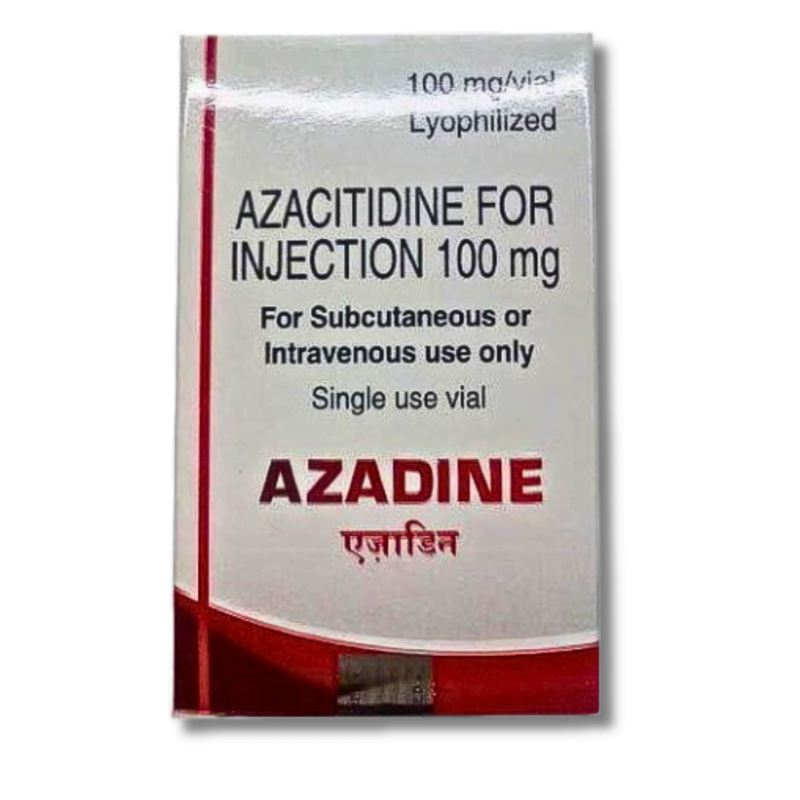 Azadine 100mg Injection
Azadine 100mg Injection
₹4,780.50Original price was: ₹4,780.50.₹3,610.00Current price is: ₹3,610.00. -
 Azadine O 300mg Tablet
Azadine O 300mg Tablet
₹24,000.00Original price was: ₹24,000.00.₹14,500.00Current price is: ₹14,500.00. -
 Azatend O 300mg Tablet
Azatend O 300mg Tablet
₹23,995.00Original price was: ₹23,995.00.₹15,500.00Current price is: ₹15,500.00.
Brain Cancer: Causes, Symptoms & Treatment
-
Posted by
admin
- 0 comments
The Latest in Radiation Therapy Techniques and Advances
-
Posted by
admin
- 0 comments
Top 5 Cancer Hospitals in Manipur
-
Posted by
admin
- 0 comments
Understanding Chemotherapy Cost in India: Key Insights
-
Posted by
admin
- 0 comments
Top 5 Cancer Hospitals in Tamil Nadu
-
Posted by
admin
- 0 comments
National Walking Day: Step Up for Your Health
-
Posted by
admin
- 0 comments
Treatment and Success Rate of Stomach Cancer
-
Posted by
admin
- 0 comments
Reducing Cancer Risk Through Lifestyle Changes
-
Posted by
admin
- 0 comments
Palliative Care Enhancing Comfort and Quality of Life for Cancer Patients
-
Posted by
admin
- 0 comments
How to Navigate the Healthcare System After a Cancer Diagnosis
-
Posted by
admin
- 0 comments
Top 5 Cancer Hospitals in Haryana | Singhla Medicos
-
Posted by
admin
- 0 comments
Six Most Common Heart Diseases in the Modern Era
-
Posted by
admin
- 0 comments


